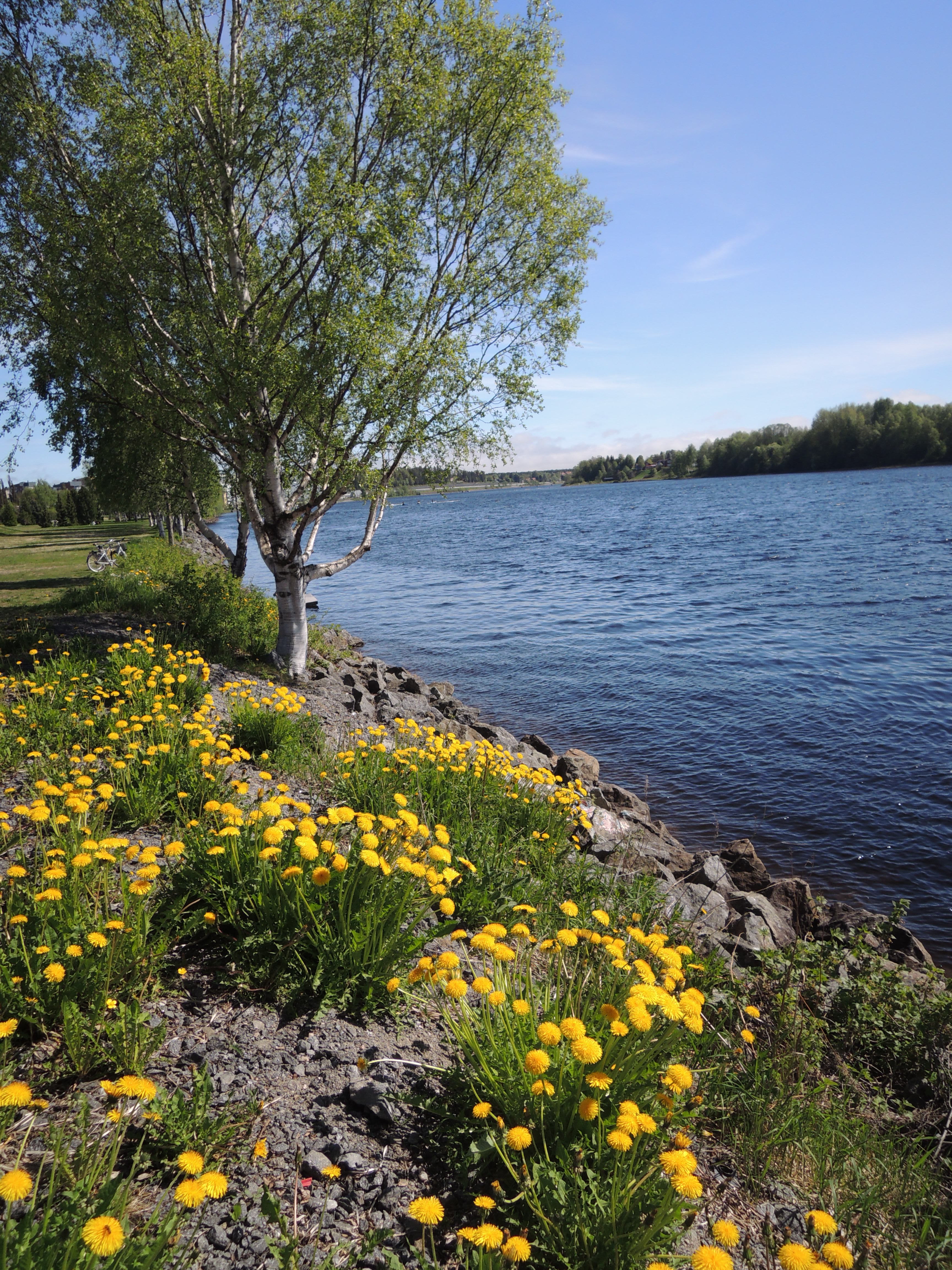Nearly 800 Arctic researchers representing dozens of countries and indigenous groups traveled to Umeå, Sweden, this week for the ninth meeting of the International Congress of Arctic Social Sciences (ICASS-IX). The conference, put on by the International Arctic Social Sciences Association (IASSA), included nearly 200 sessions, with three to five researchers presenting at each session. Topics ranged from Arctic security to environmental management policies to youth development to indigenous adaptations to climate change. The presenters included anthropologists, geographers, pathologists, historians, sociologists and others.
Many members of the Arctic PIRE team attended the conference and several presented their recent research.
Matt Berman presented his research on the “effects of resource development, sovereign wealth funds, and land claims settlements on poverty reduction in rural Alaska,” which demonstrates the significant impact of Alaska Permanent Fund Dividend distributions on poverty, and cautioned that the impact of diverting these funds to pay for state government operations will significantly increase poverty rates in rural Alaska.
Aileen Asperon Espiritu presented “Strategies of sustainability: long-term urban planning strategies in an Arctic city,” comparing planning strategies towards social and economic sustainability in three Arctic cities: Luleå, Sweden; Tromsø, Norway; and Rovaniemi, Finland.
Vera Kuklina presented her research on “The rhythms of trains and work along the Baikal-Amur Mainline (BAM)” exploring the power of railroad rhythms on workers, families, and small businesses along the BAM, based on field work completed in Ust’-Kut, Severobaikalsk and Tynda in 2016.
Bob Orttung and Carrie Schaffner presented the preliminary work on the Arctic Urban Sustainability Index, including the parameters for defining and identifying Arctic cities, the draft indicators for measuring urban sustainability in the Arctic, and preliminary data on a representative sample of twelve Arctic cities.
Andrey Petrov chaired sessions on the current research on extractive industries and sustainability, and Arctic sustainabilities in the Anthropocene. Andrey was also elected as the new president of IASSA beginning in September of this year. Congratulations, Andrey!
Jim Powell’s presentation entitled, “Adaptive Governance: A comparison between two Alaskan and two Swedish Municipalities facing climate change,” highlighted the results of in-depth surveys that were conducted as part of a study that compares and contrasts adaptive approaches to governance in two municipalities in Alaska and two municipalities in Sweden.
Luis Suter’s presentation, “Tundra to Table: Vertical Farming and Food Security in the Arctic” examined the use of indoor farming in Alaska and other Arctic regions as a way to offset the high cost of shipping food and increase local food security. Luis explored some of the challenges and opportunities for this relatively new form of Arctic agriculture.
Nadezda Zamyatina shared her research on the idea of “remoteness” in Arctic cities, as a factor of Arctic cities’ development and mobility processes. Nadezda presented several theoretical points of view on remoteness, as well as possibilities for overcoming the challenge of remoteness through mobility, flexibility, and creativity.

